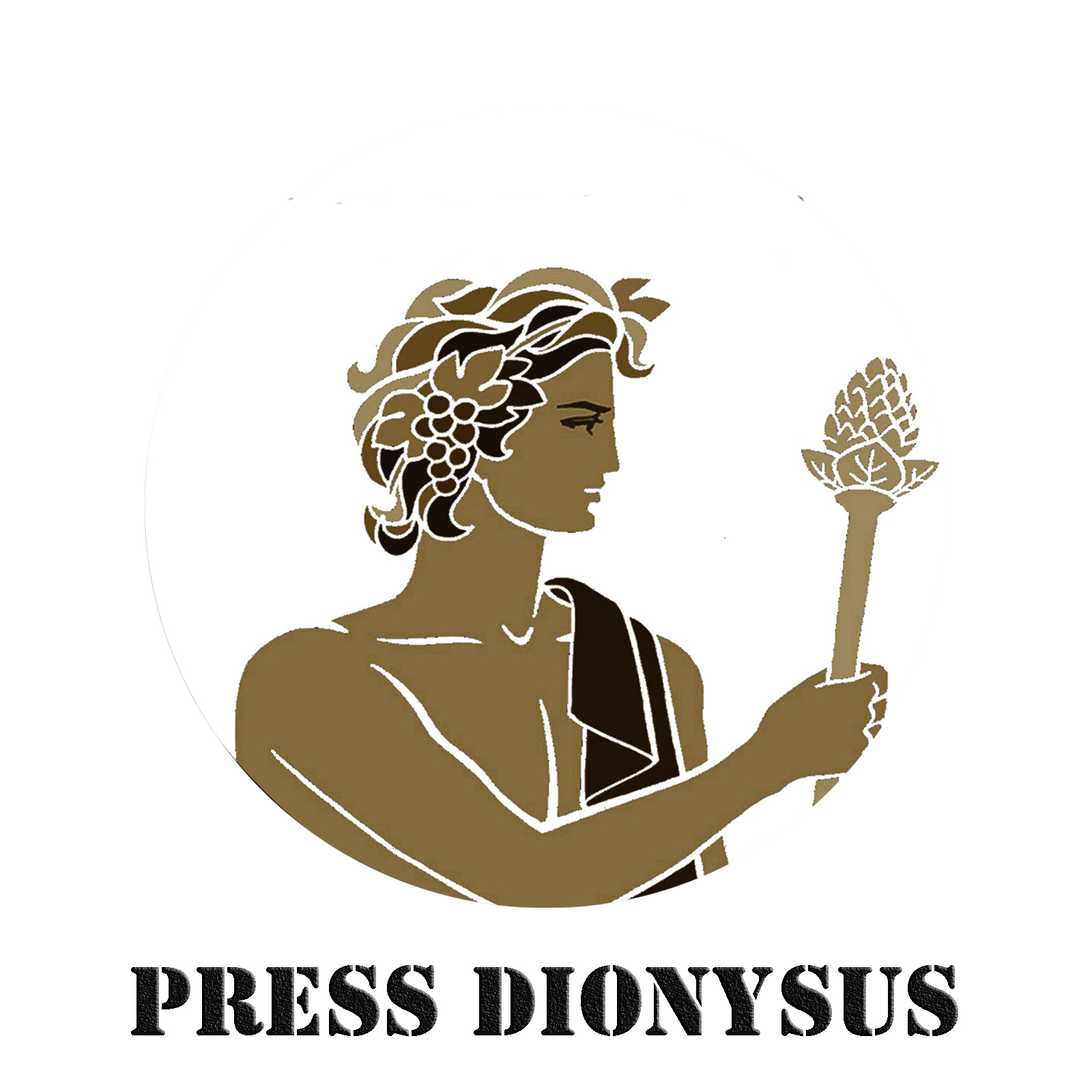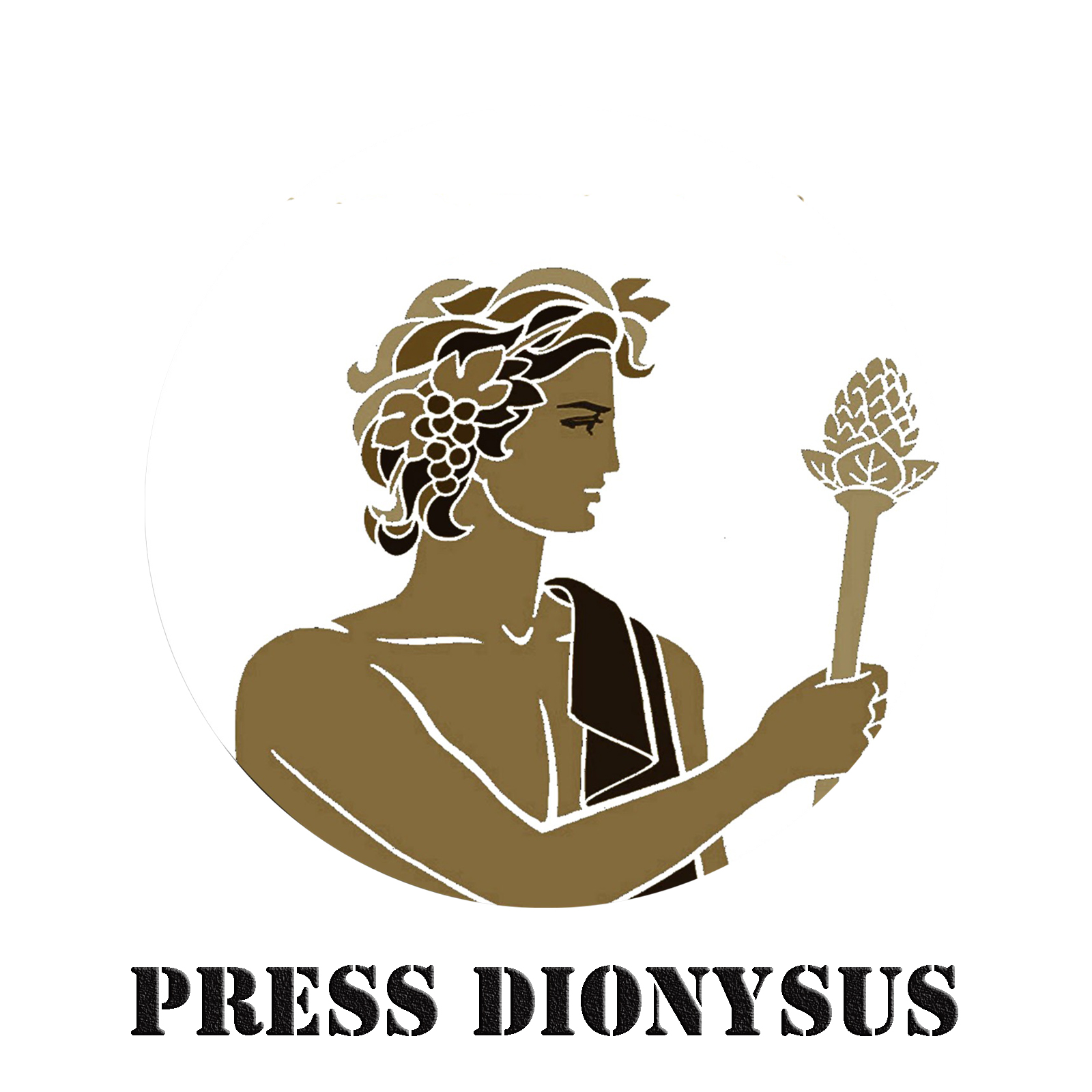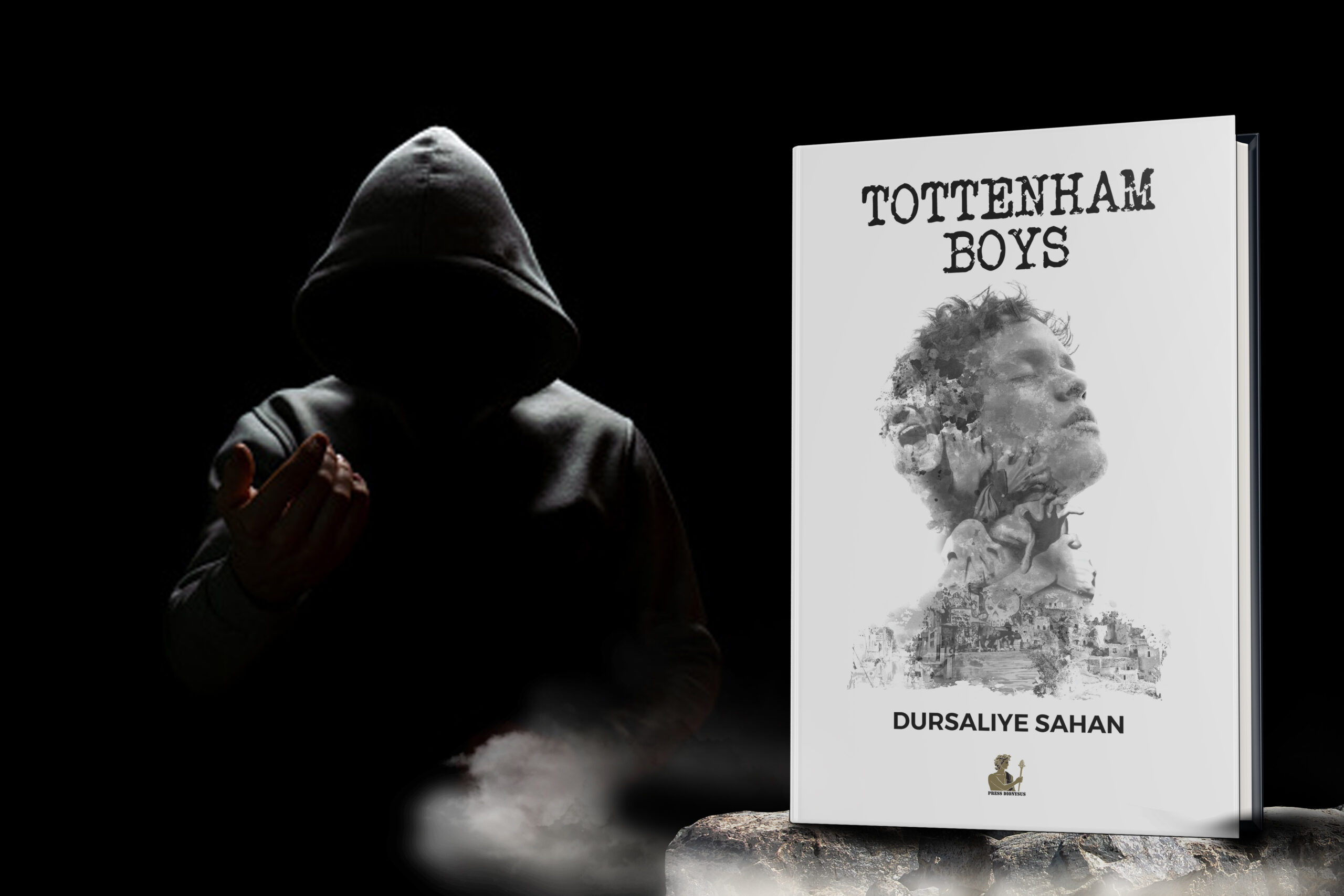The fate of immigrant literature is often similar to that of immigrants themselves. It is neither fully accepted in the host country nor in the homeland. This literature remains caught in between. If written in the mother tongue, it is treated like a stepchild in the homeland; if written in the language of immigration, it faces the same fate there.
Although immigrant writers are often more skilled at creating a new linguistic universe due to their experience of living in different cultures, it is far more difficult for them to gain acceptance. Only those who are stubborn and persistent in this struggle manage to succeed. Dursaliye Şahan, one of these determined writers, has been writing stories and novels for many years, blending the migration experiences of both her society and herself with the socio-cultural structures and traditions of the lands she left behind. Her novel Tottenham Boys begins with a chance encounter on a bus in London between the narrator—a journalist—and Keko (Ali Kemal). Much of the novel, however, takes place in Turkey, where we learn about the traditional values of the society in which Keko grew up.
Meanwhile, in London, Keko is one of many young people who fall into the trap of drug gangs. In this novel, the author not only portrays the suicides witnessed among the Turkish community in London but also explores the social, political, economic, and cultural relations underlying these tragedies. The title Tottenham Boys stems from this reality. Şahan exposes the web of relations behind the gang culture in London.
The novel can also be analyzed from a gender perspective. The traditional family and tribal structures surrounding Keko represent systems where women have no voice and are forced to submit to their fate—a point the author repeatedly emphasizes. These values often cause conflict between fathers and sons. For instance, Keko frequently clashes with his father and suffers beatings until he is sent to Istanbul to study. In fact, he is hastily engaged at a young age so that he will return home as soon as possible.
One of the central themes of the novel is political conflict. Ongoing turmoil in Turkey is reflected through Keko’s Kurdish identity, his family and tribe being caught between the government and the PKK, his father’s forced role as a village guard, and his eventual murder.
Keko’s Kurdish and peasant background continues to haunt him even at the private school he attends on scholarship, where he endures constant humiliation from other students. This can be seen as the author’s commentary on class discrimination. Two teachers—Fatih, who plays an important role in Keko’s early education in his village, and Hayrettin, who mentors him at the private school—symbolize the idealistic teacher figure in the novel.
Through Keko’s story in Tottenham Boys, Dursaliye Şahan sheds light on a neglected dimension of migration: the socio-political relations underlying it. Ultimately, the author conveys the message that leaving behind conflict-ridden homelands does not mean leaving behind their problems. On the contrary, migrants carry those problems—along with their values—into the new land of immigration, where they inevitably encounter an entirely new set of conflicts and struggles.


